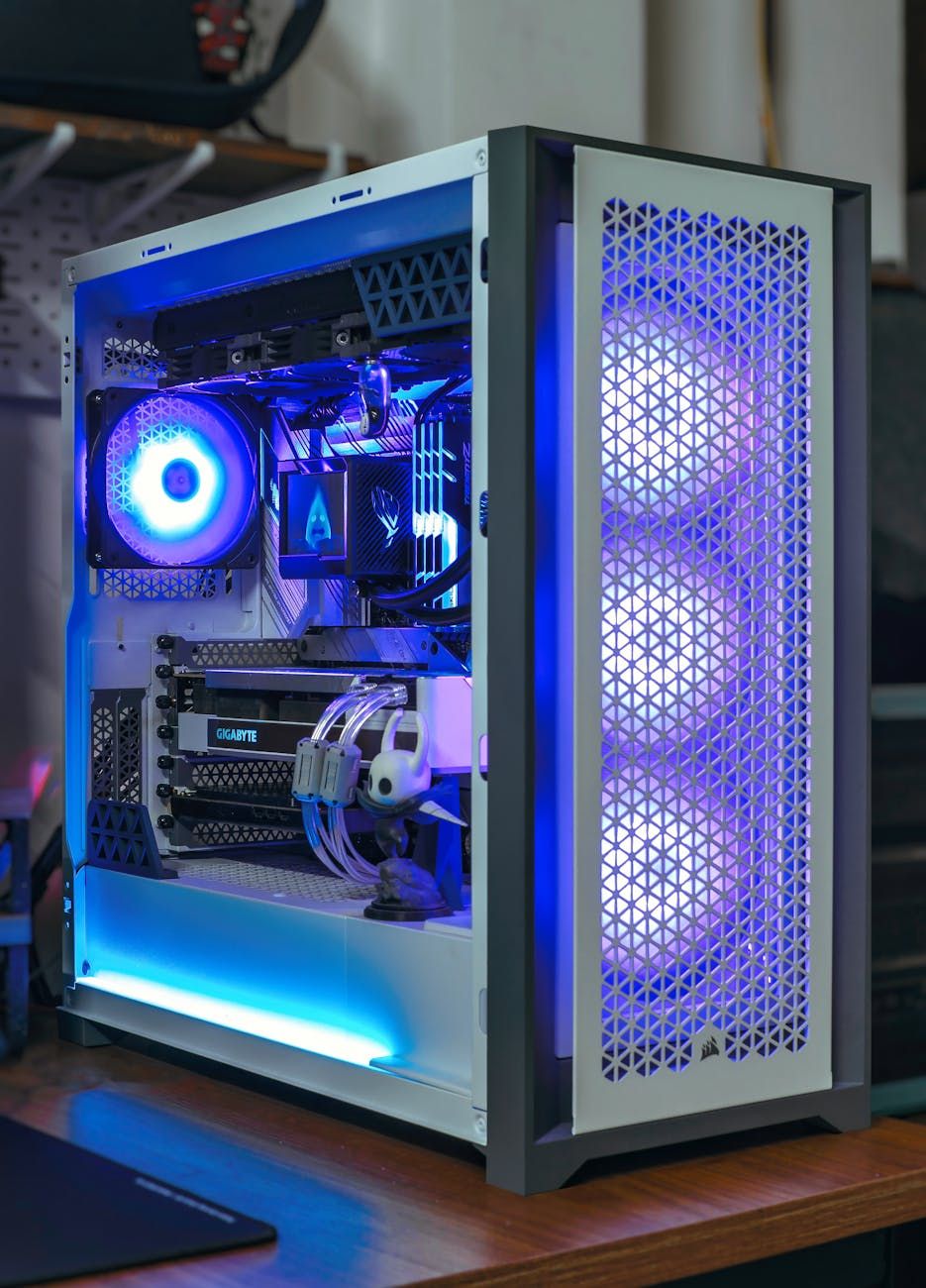
The Evolution of ARM Processors: Is Apple's M-Series a Threat to x86?
hardwareWhen it comes to the world of processors, ARM has been a dominant player for many years. The ARM architecture is known for its efficiency, performance, and power-saving capabilities, making it a popular choice for a wide range of devices, including smartphones, tablets, and even some laptops.

Recently, Apple made waves in the tech industry by announcing its transition from Intel's x86 processors to its own custom ARM-based processors, known as the M-Series. This move has sparked a lot of discussion about the future of computing and whether Apple's M-Series chips pose a threat to the traditional x86 architecture.
The evolution of ARM processors has been impressive, with continuous improvements in performance and efficiency. ARM processors are designed using a Reduced Instruction Set Computing (RISC) architecture, which allows them to execute instructions more quickly than the Complex Instruction Set Computing (CISC) architecture used in x86 processors.
Apple's M-Series processors have raised the bar even further, showcasing remarkable performance gains and power efficiency. The M1 chip, in particular, has been praised for its ability to deliver desktop-class performance in a laptop-like form factor, making it a compelling option for users who prioritize both power and portability.
One of the key advantages of ARM processors, including Apple's M-Series chips, is their ability to integrate multiple components onto a single chip. This integration allows for better performance optimization and power efficiency, resulting in faster and more energy-efficient devices.
As Apple continues to develop its M-Series processors, the company is poised to challenge the dominance of x86 processors in the desktop and laptop markets. With its focus on performance, efficiency, and seamless integration with macOS, Apple's custom ARM chips have the potential to disrupt the status quo and usher in a new era of computing.
However, the competition between ARM and x86 is far from over. Intel and AMD, the two main players in the x86 space, are not sitting idly by. Both companies are investing heavily in research and development to improve the performance and efficiency of their processors, ensuring that they remain competitive in the face of the ARM threat.
Ultimately, the future of computing is likely to be a mix of ARM and x86 processors, with each architecture catering to different needs and use cases. ARM processors will continue to dominate in the mobile and low-power device markets, while x86 processors will maintain their stronghold in high-performance computing and enterprise applications.
Apple's M-Series processors represent a significant milestone in the evolution of ARM architecture and underscore the growing competition between ARM and x86. Whether Apple's custom chips will ultimately dethrone x86 processors remains to be seen, but one thing is clear: the world of processors is constantly evolving, and exciting developments lie ahead.

Relevant posts

hardware
The Secret Weapon of Gamers and Developers — Which Component Really Makes the Difference?
As the gaming industry continues to grow rapidly, gamers and developers alike are constantly looking to enhance their gaming experience and optimise game development processes. One crucial aspect that plays a significant role in determining the overall performance of a gaming PC is its hardware components. Among the various components that make up a gaming PC, two stand out as the cornerstone of its performance — the processor and the graphics card.When it comes to gaming, the processor is oft...

hardware
This Motherboard Crushes the Benchmarks — Here's Why You Should Grab It Right Now
When it comes to choosing the right motherboard for your computer build, performance, stability, and innovation are key factors to consider. The motherboard plays a crucial role in determining the overall efficiency and speed of your system. If you are looking for a motherboard that crushes benchmarks and offers top-notch performance, look no further. This motherboard is a game-changer in the world of technology and hardware, and here's why you should grab it right now. One of the standout feat...

hardware
This Hardware Works Faster Than You Can Blink — Tested and Proven!
In the fast-paced world of technology, the demand for high-performance hardware is ever-growing. Whether you're a casual user looking to enhance your gaming experience or a professional aiming to boost productivity, speed and efficiency are key factors to consider when upgrading your hardware. With advancements in processing capabilities and innovations in technology, it's essential to choose hardware that can keep up with your demands.When it comes to hardware that works faster than you can bli...

hardware
Breakthroughs in Hardware: What to Expect from the Next Generation of Devices
As we approach 2025, the world of hardware technology is poised for some groundbreaking breakthroughs that will redefine the capabilities of devices we use in our daily lives. From smartphones to laptops, and from wearables to smart home gadgets, the next generation of devices is set to revolutionise the way we interact with technology. Let's delve into what we can expect from the future of hardware innovation. The Rise of AI-powered Devices With advancements in a...